Data monetization is not difficult. For example, companies have been selling their email lists (legally or otherwise) for years. If you have information that another company is willing to pay for, then data monetization is just a case of finding the right customers.
For example, supermarkets have club cards and store cards that allow people to earn points through shopping. The data produced by such cards will help those supermarkets target their customers with discounts and offers that are more likely to appeal to their customers. It also allows them to second-guess what people will buy in the coming months so that the supermarkets may adjust their stock levels and prices accordingly.
In this example, a supermarket chain would be foolish to sell this information to another supermarket, but what about smaller manufactures? A manufacturer of toiletries may like to know when the next sales surge is going to happen so that it may also adjust its prices and output accordingly. The supermarket could easily sell relevant information to the manufacturer without it affecting the supermarket’s business in a negative way.
Trading To Just One Company
A straight sale from your company to another company is the easiest way to monetize your data, just like the example above with the toiletries company. However, it may be a smarter move to sell subscriptions to your data. For example, you could release your data every week, but charge a quarterly fee for it. Such information would help companies who do not have the means to gain such data by themselves, or companies that cannot afford (or don’t want to) pay bigger research companies. Julie Petersen, the founder of the writing blog says, “Back in the old days, we used to sell fiction-based magazines, and we automatically rejected authors who didn’t have an idea that could be turned into a series. Big data is not a one-sale issue; it is something you can sell again and again.”
Creating A Tool That You Sell On Mass
Apps and desktop software are easier than ever to build, and there are thousands of app developers out there that would happily build an app or program that uses your data as its chief database. The data doesn’t have to have anything to do with your products. It could focus on customer activity. It could focus on anything from how many people visit your website at 11am, to how long people spend choosing their next pair of shoes.
Build A Service That Uses The Information
Think more along the lines of the many eBay tools and services that exist because third parties have used eBay as a chief database. Do people want to know when the best time is to buy your product? Do they want to know what the best offers are in play? Are there people out there who could get a good deal by seeing what you and your competitors offer? In addition to creating a service using your data, you could also help promote your own products at the same time. If you want inspiration, then research into Amazon.com services provided by third parties, and you will see everything from email-update services to Chrome extensions.
Using The Information To Sell Affiliate Products
You could sell your data to other companies to help them sell their products, or you could use your information to sell affiliate products from other companies. Take Rotten Tomatoes as an example, they use their big data to help make more effective affiliate sales. They host a series of up-to-date adverts about the most recent movies, and they also feature affiliate adverts based on what the user looks at and how long the user engages with each page. They use their big data, drawn from user-website interactions, to help increase the chances of people clicking on their affiliate adverts.
Selling As Part Of An Information Product
We all know that a lot of what you read on the Internet is either semi-true or not true at all. What is true seems to be based on which website is the best at SEO (Search Engine Optimization). Yet, there are some companies and academics out there who genuinely want to know the truth. They write books and journal entries with information they buy from other academics, research teams and companies. You could be one of those companies.
Even Infographic makers may be interested in your data. Did sales from a product line increase the day after your competitor launched a big product? Did sales drop after a big headline that there was a recession? You can already see the headlines in the journals and information products, such as “Recession causes 26% drop in sales” or “X product sales surge after product Z was released.”
Using And Selling Are Closely Linked
When you think about data monetization, don’t just think about selling your information like you sell apples at the side of the road. Consider how the information may be used, and how that “use” may be monetized.
For example, back in the days when DVDs still existed, a DVD merchant built an online tool that tracking the cost of different DVDs with different competitors. That information was valuable to the DVD merchant, especially since the tool was linked directly into the company’s pricing system so that prices could adjust automatically according to the prices the company’s competitors had. That same company started licensing the tool to other websites as a way for website users to find the cheapest DVDs, and one of the first DVD price-comparison tools was born.
If you have to sell your data as more of a commodity and you cannot find a way to create a “use” and then sell the “use,” then try to find a way to license your information or build a subscription service. Even selling email lists can be done on a subscription basis where your buyers get an updated email list every four months.












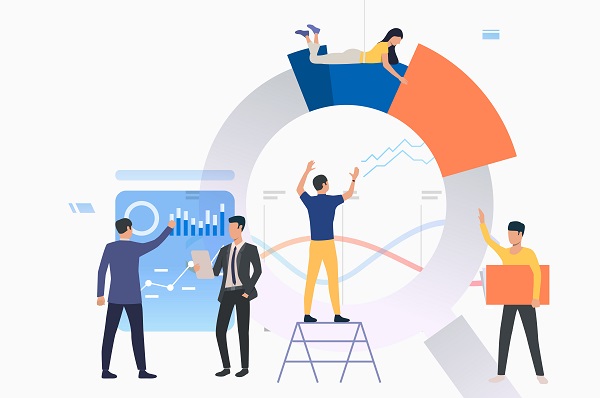
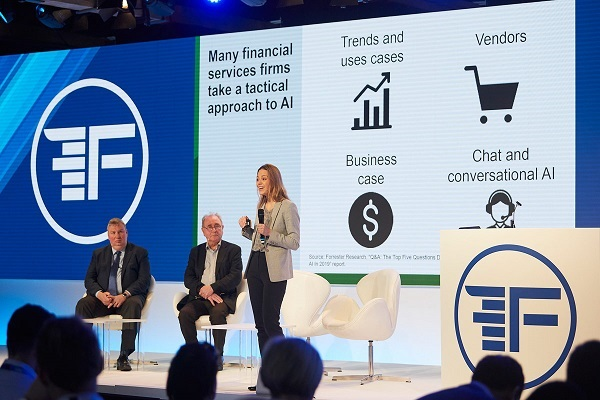

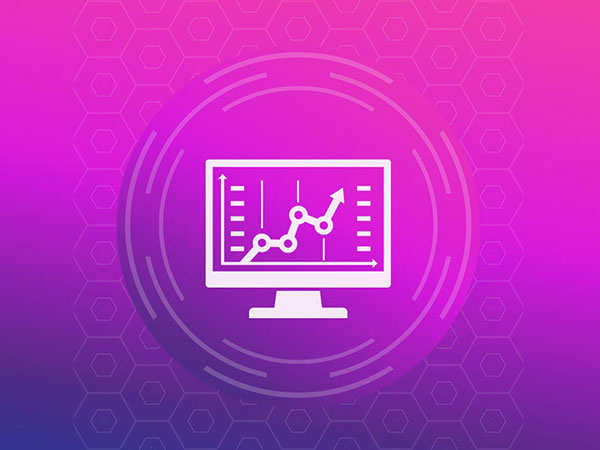
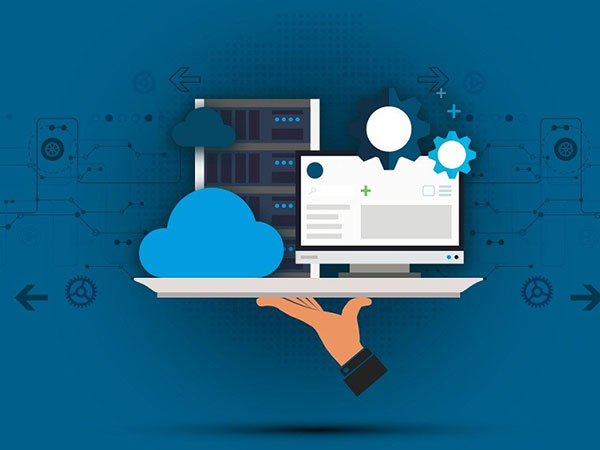

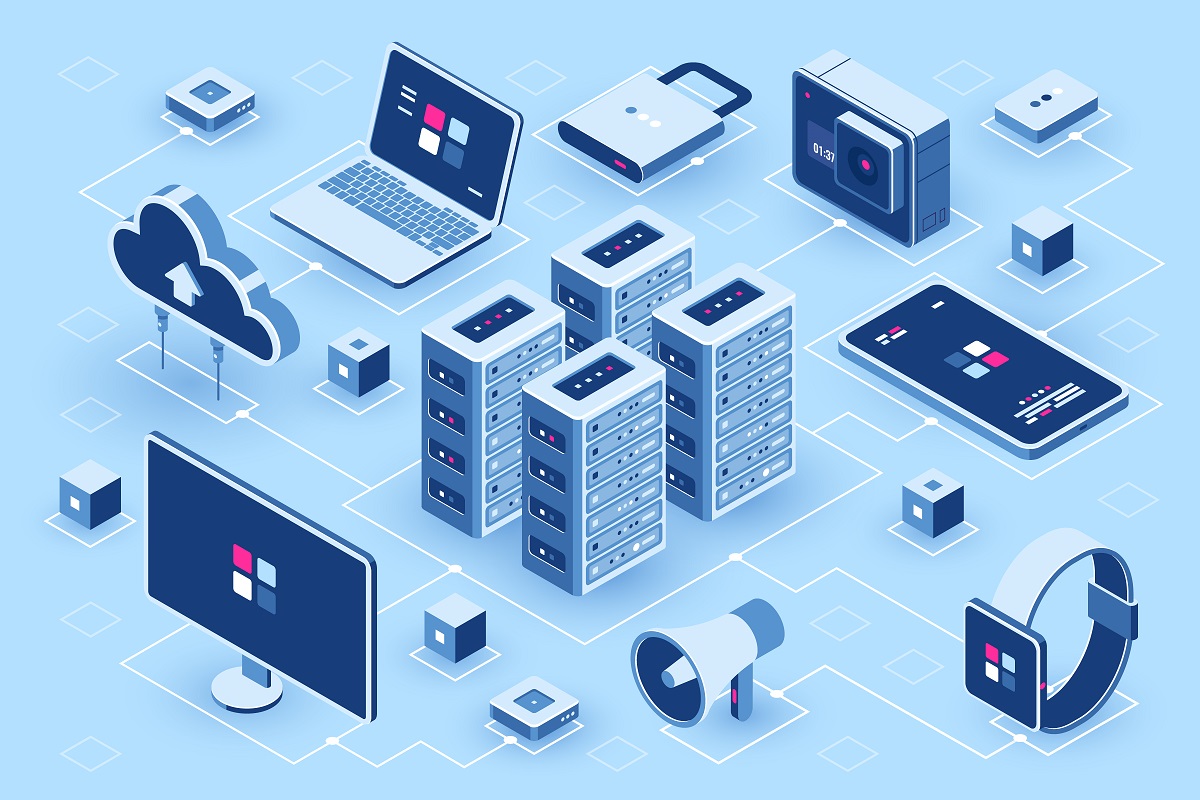

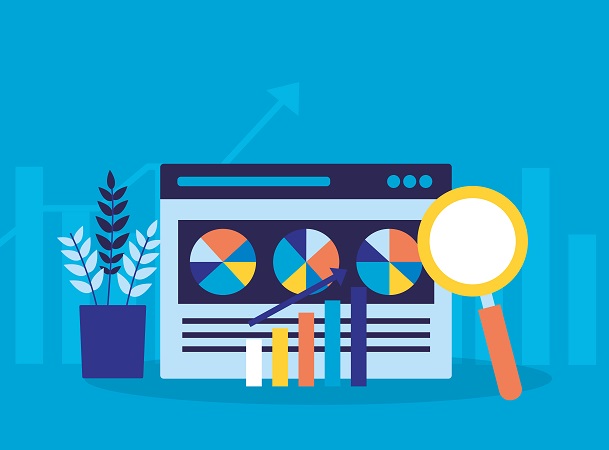
![7 data-driven ways to optimize your online store for mobile [Infographic]](https://crayondata.ai/wp-content/uploads/2019/11/optimize-1.jpg)


![Top tips and tricks to improving your customer experience [Infographic]](https://crayondata.ai/wp-content/uploads/2019/01/customer-journey-1.jpg)